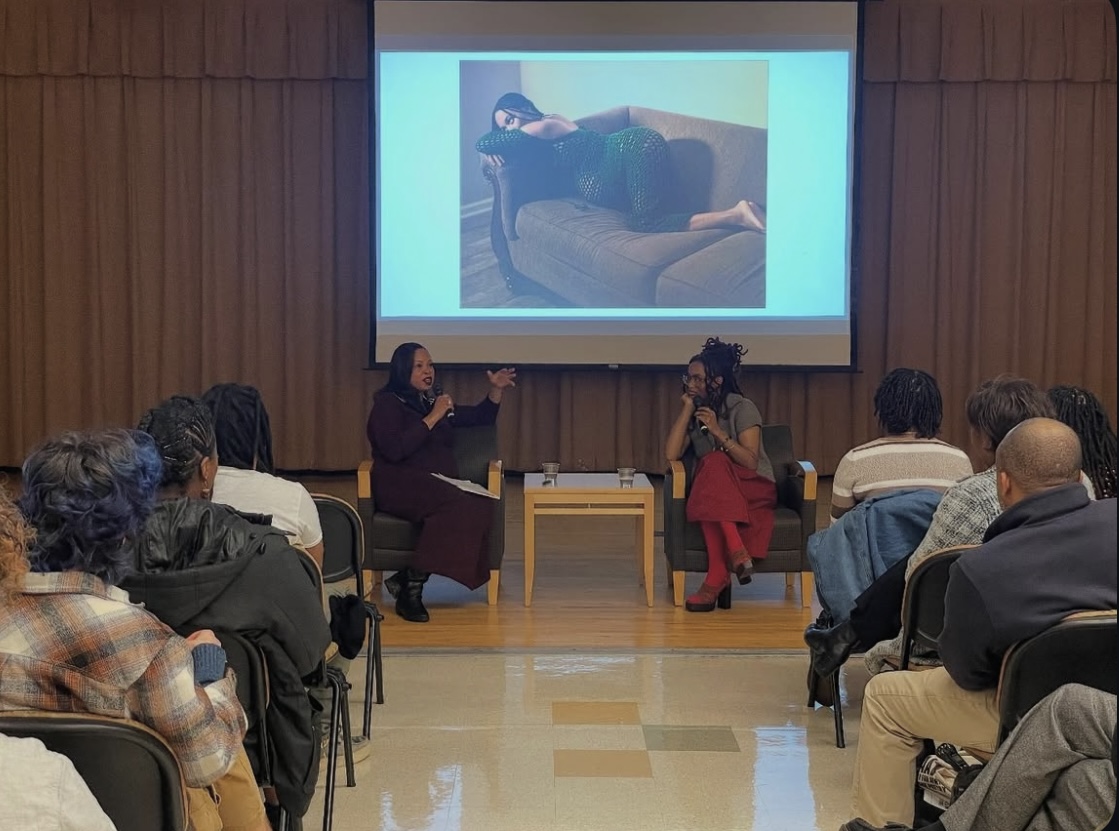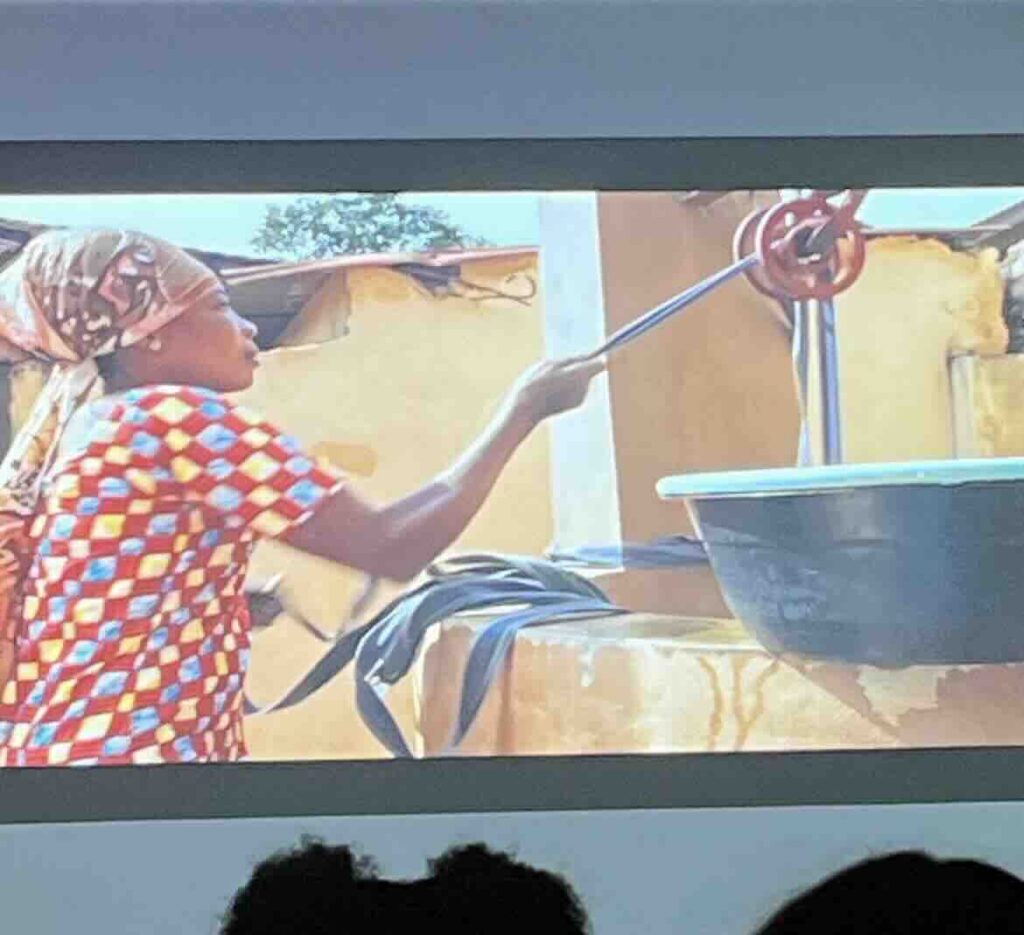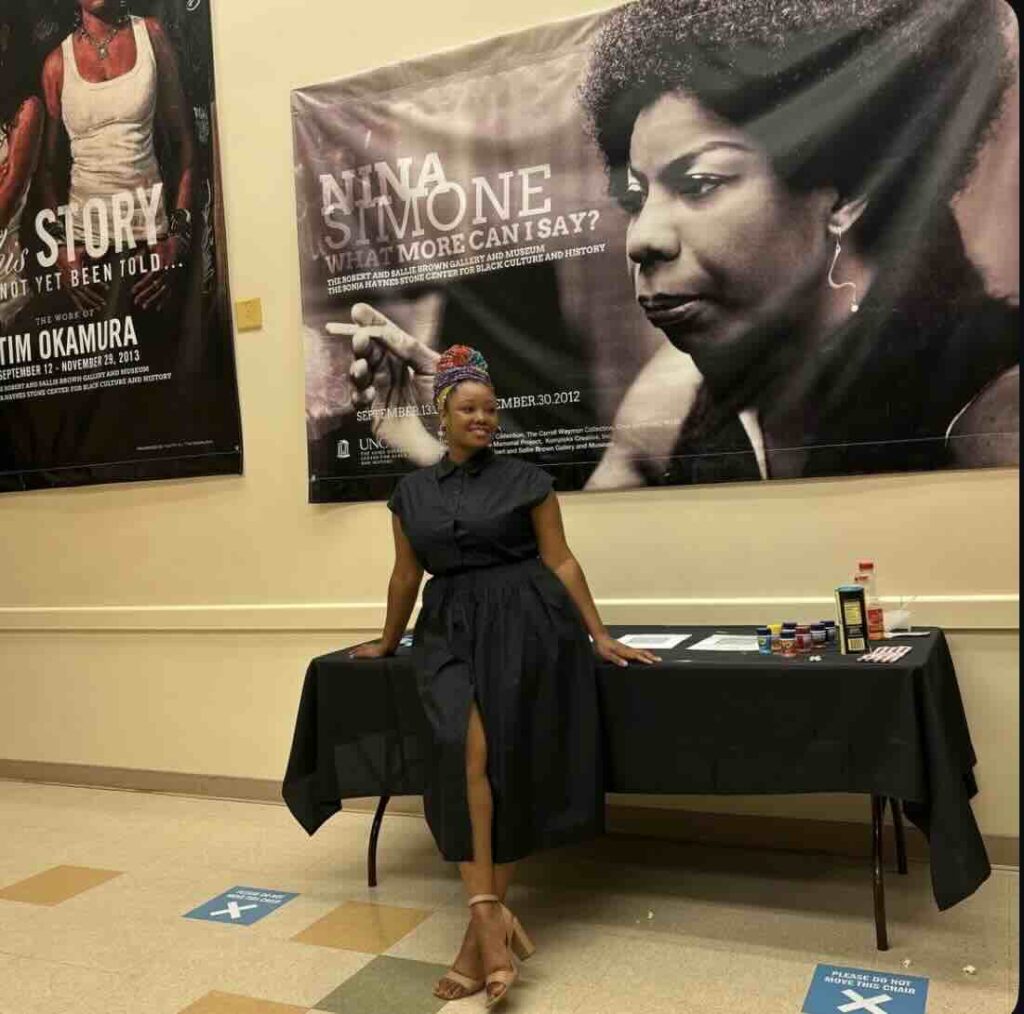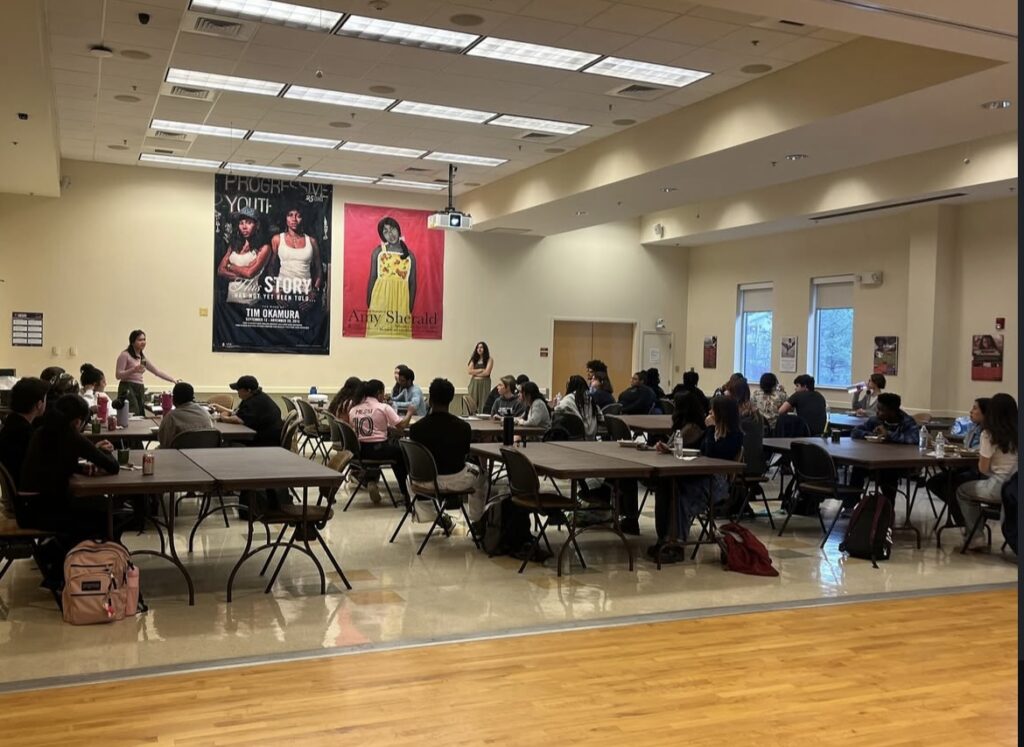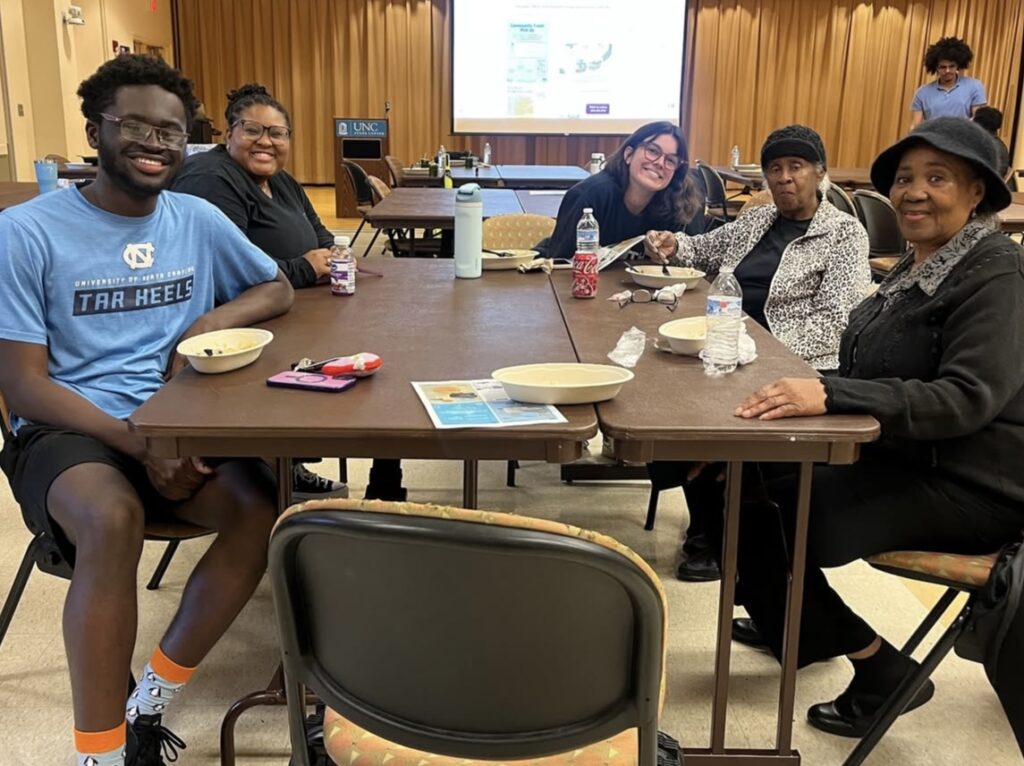By Jordan Meadows
Staff Writer
Last Thursday, the Sonja Haynes Stone Center for Research in Black Culture and History at UNC-Chapel Hill hosted an edition of its Diaspora Festival of Black and Independent Film, continuing a tradition that began in 2004.
Since its inception as a film series, the festival has grown into an essential cultural event, spotlighting stories from across the African diaspora and offering a platform for independent Black filmmakers from around the world. Over the years, it has featured numerous North Carolina and U.S. premieres, with screenings that are cinematic experiences and also critical spaces for dialogue. Each film is followed by engaging Q&A sessions, in-depth commentary, and meaningful discussions with filmmakers, scholars, and attendees.
“The center is used just as much, if not more, by people who are not African-American,” he said. “The fact that there are classrooms in the building brings departments from the sciences, from the social sciences, to the arts, to linguistics — everybody comes here. We are one of the most heavily used buildings on campus,” said Sonja Haynes Stone Center director Joseph Jordan.
This year’s festival, which will run through November, promises a diverse lineup of about two dozen films selected from more than a hundred submissions worldwide. The screenings remain free and open to the public, held at the Stone Center’s Hitchcock Room (150 South Rd, Chapel Hill).
The campus and community partners—such as the African Studies Center, the Department of African, African-American and Diaspora Studies (AAADS), the Center for the Study of the American South (CSAS), Ngozi Design Collective, the Hayti Heritage Center, and many others—collaborated to cultivate a rich network of support.
“We’re still trying to fulfill the expectations of the ‘70s and ‘80s, but we’re also trying to outdo ourselves every year because that’s the trust that was placed in us,” Jordan said.
The evening began with MERCY, a 15-minute poetic short by Canadian director Philip Szporer, which explores the tension between race, language, and power, drawing from the complex history of enslaved people learning the language of their captors. Kendi King’s From Rodeo to Polo: The First HBCU Polo Team followed, offering an inspiring 9-minute documentary about the formation of the first Black collegiate polo team at Morehouse College and their quest for national certification.
The day continued with Runaway by Donya A.R. Conley, a tense and emotional 10-minute short in which a mother pleads with police over her missing daughter. Chisom Chieke’s Food for the Soul brought a lighter but deeply relatable narrative of cross-cultural love and familial expectations between a Nigerian-American woman and her Black American boyfriend.
Rounding out the evening was Harlem to Harvard by Zuzelin Martin, a 14-minute documentary about teacher Edouard E. Plummer, whose dedication helped over 600 Harlem students access elite boarding schools and transformed countless lives in the process.
“We’re still trying to fulfill the expectations of the ‘70s and ‘80s, but we’re also trying to outdo ourselves every year because that’s the trust that was placed in us,” Jordan said.
The festival will host a special screening on November 20 in collaboration with the American Indian Center. The featured film, LUMBEELAND, is a short that explores the impact of drug culture on a Native American community.

